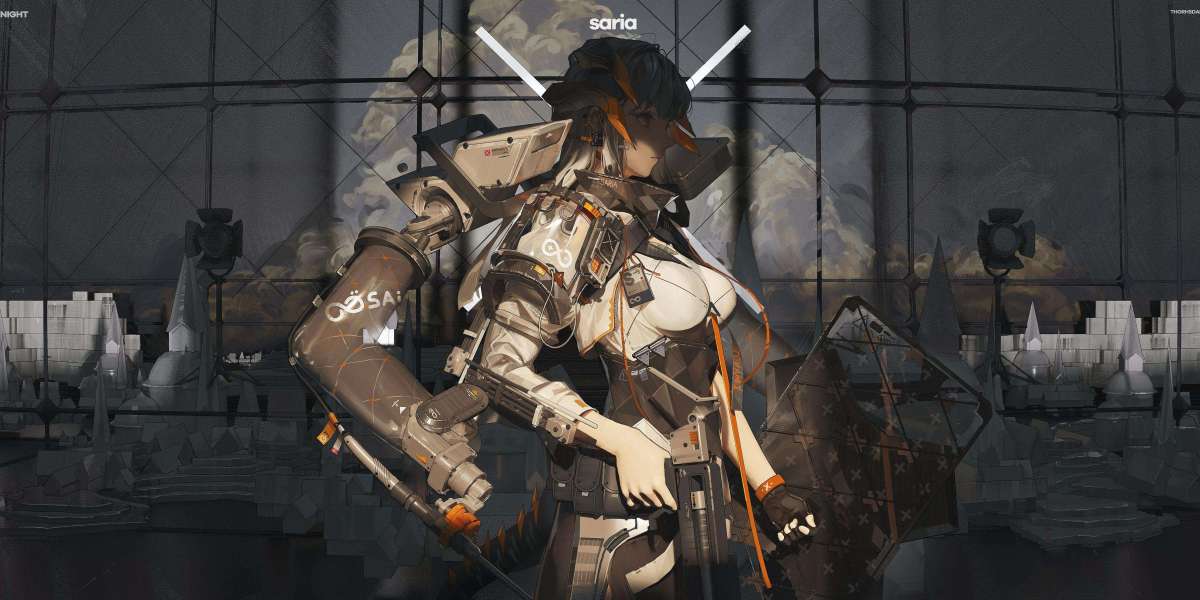In today's competitive landscape, understanding Business Insurance is crucial for small business owners. With various risks lurking around every corner, having the right insurance can mean the difference between success and failure. This article will delve into the top five types of business insurance that every small business should consider.
1. General Liability Insurance
General Liability Insurance is often the cornerstone of a small business's insurance portfolio. This type of insurance protects against claims of bodily injury, property damage, and personal injury. For instance, if a customer slips and falls in your store, this insurance can cover legal fees and medical expenses. Without it, a single incident could lead to significant financial strain.
2. Property Insurance
Property Insurance safeguards your business's physical assets, including buildings, equipment, and inventory. Whether you own or lease your space, this insurance is vital. It covers damages from fire, theft, and natural disasters. If your equipment is damaged, how will you continue operations? This insurance ensures that you can recover and resume business as quickly as possible.
3. Workers' Compensation Insurance
Every small business with employees should consider Workers' Compensation Insurance. This insurance provides coverage for medical expenses and lost wages if an employee is injured on the job. It not only protects your employees but also shields your business from potential lawsuits. In many states, this insurance is mandatory, making it essential for compliance.
4. Professional Liability Insurance
For service-based businesses, Professional Liability Insurance is a must. Also known as errors and omissions insurance, it protects against claims of negligence, misrepresentation, or failure to deliver services. If a client claims that your advice led to their financial loss, this insurance can cover legal costs and settlements. Are you prepared for such claims?
5. Business Interruption Insurance
Business Interruption Insurance is designed to cover lost income during periods when your business cannot operate due to a covered event, such as a natural disaster. This insurance can help you pay bills and maintain payroll while you recover. Imagine the impact on your cash flow if your business were to shut down unexpectedly.
Conclusion: Protecting Your Business with Insurance
In conclusion, understanding the various types of Business Insurance is essential for safeguarding your small business. Each type of insurance plays a unique role in protecting your assets and ensuring your business's longevity. By investing in these insurance types, you can focus on growth and innovation without the constant worry of unforeseen events.
For more information on how to secure the best Business Insurance for your needs, consider visiting .








